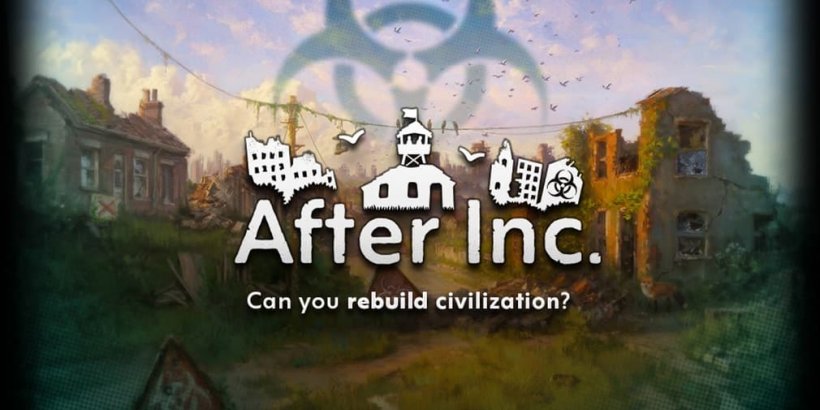Many game developers think the term “AAA” is silly and the industry is inefficient

The "AAA" label in game development is losing its relevance, according to many developers. Initially signifying massive budgets, high quality, and low failure rates, it's now associated with profit-driven competition that often sacrifices innovation and quality.
Charles Cecil, co-founder of Revolution Studios, calls the term "silly and meaningless," a relic of a period when increased publisher investment didn't necessarily translate to better games. He points to the significant shift in the industry, arguing that this change hasn't been positive.
Ubisoft's Skull and Bones, marketed as a "AAAA" title, serves as a prime example. A decade-long development cycle culminated in a disappointing launch, highlighting the emptiness of such labels.
Criticism extends to other major publishers like EA, accused by players and developers alike of prioritizing mass production over player engagement and genuine creativity.
Conversely, independent studios frequently produce games that resonate more deeply than many "AAA" titles. The success of games like Baldur's Gate 3 and Stardew Valley underscores the importance of creativity and quality over sheer budget.
The prevailing belief is that a profit-first mentality stifles creativity. Developers, fearing risk, are less inclined to innovate, resulting in a stagnation of big-budget game development. A fundamental shift in approach is needed to recapture player interest and nurture the next generation of game creators.




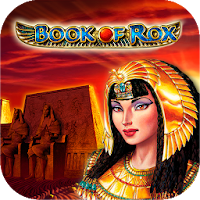





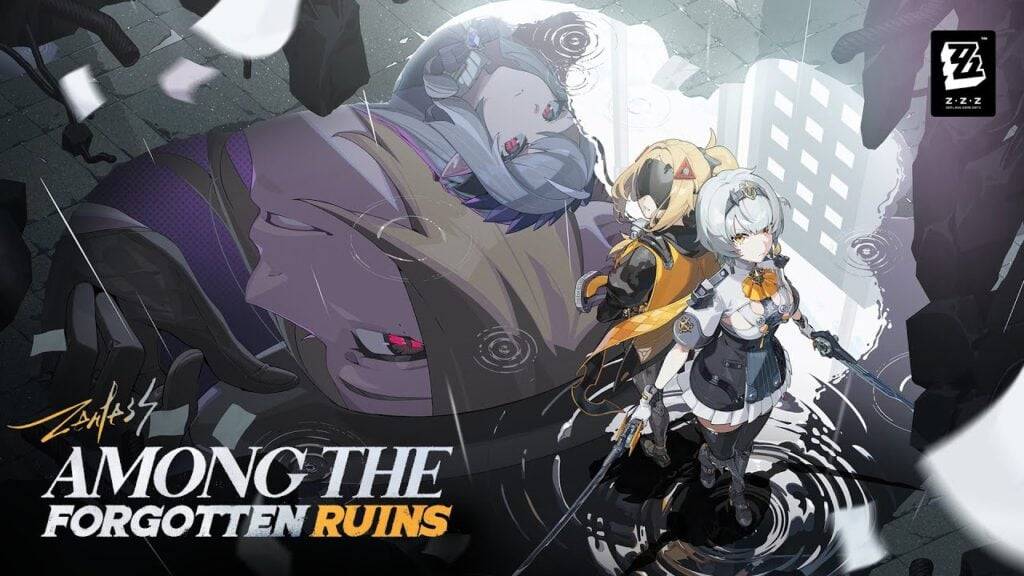
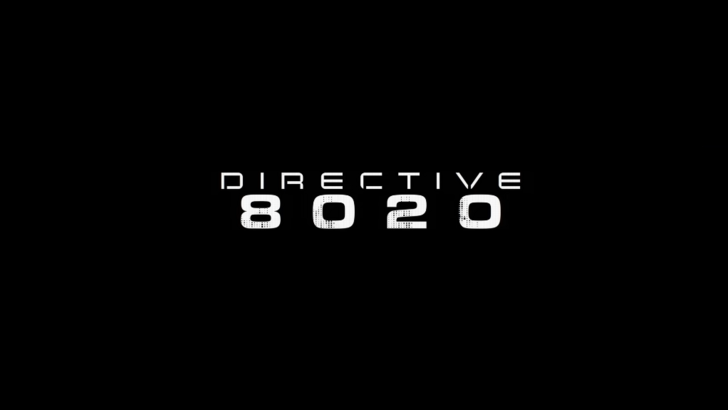
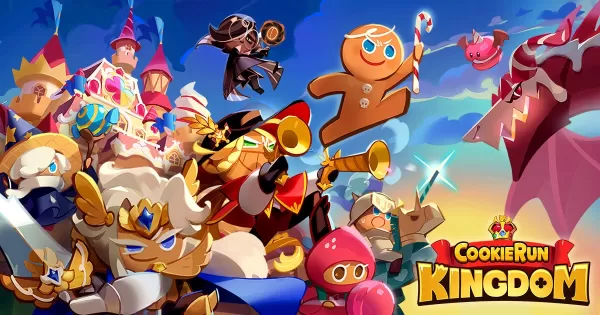






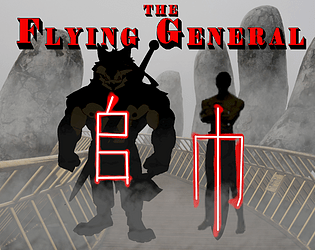




![FurrHouse [Ch. 3]](https://images.dshu.net/uploads/30/1719555089667e54115d59f.jpg)

